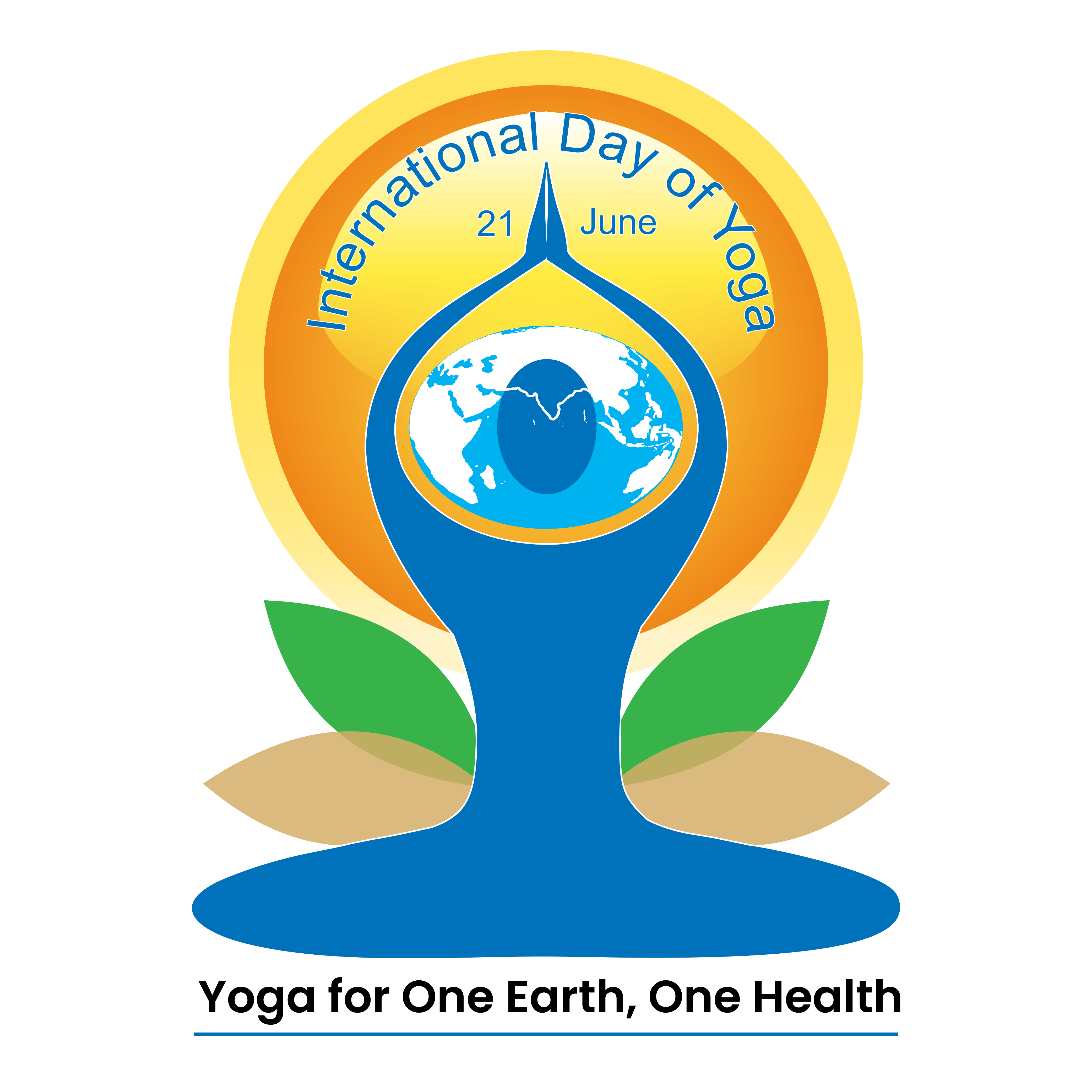What is kshara? A prelude for Kshara preparation

What is Kshara?
Kshara is a plant and mineral preparation that serves both as a quality, reflecting the action of the drug, and as a medicine. It allows for the removal of damaged biological tissue and can be consumed (panniyakshara) or applied externally (pratisaraneeyakshara).
Classical Uses
Classically, kshara is used as a para-surgical method to treat haemorrhoids, ano-fistula, fissure-in-ano, and warts. Internally, it is used for conditions like ascites, internal growth (gulma), adenoids, and tonsillitis.
Historical Context
Of the three brihat trayees, kshara preparation is detailed in Vagabhata’s Astang Hridaya and Sushruta Samhita. Both texts provide a general outline of the procedure with classical measurements for some steps. Importantly, they caution that a wrongly prepared kshara or incorrect application can be more dangerous than death by fire.
Practical Insights
In our Biochemistry class, we measured the pH of yavak kshara and found it to be ~10, which is typical for an alkaline preparation. Interestingly, this is also the pH range of a 5% baking soda solution.
Preparation Process
We will now discuss the aspects of pratisaraneeyakshara preparation as demonstrated by Dr. Ravishankar Pervaje and Dr. Ramesh Bhat. The process is divided into five steps:
1. **About the Plants Used for Kshara** - Dr. Ameen
2. **Ash Preparation** - Dr. Samhita
3. **Boiling and Filtration** - Dr. Ankita
4. **Limestone Addition** - Dr. Ranjini
5. **Enhancing the Potency of Preparation** - Dr. Shamaa




.png)

.png)
